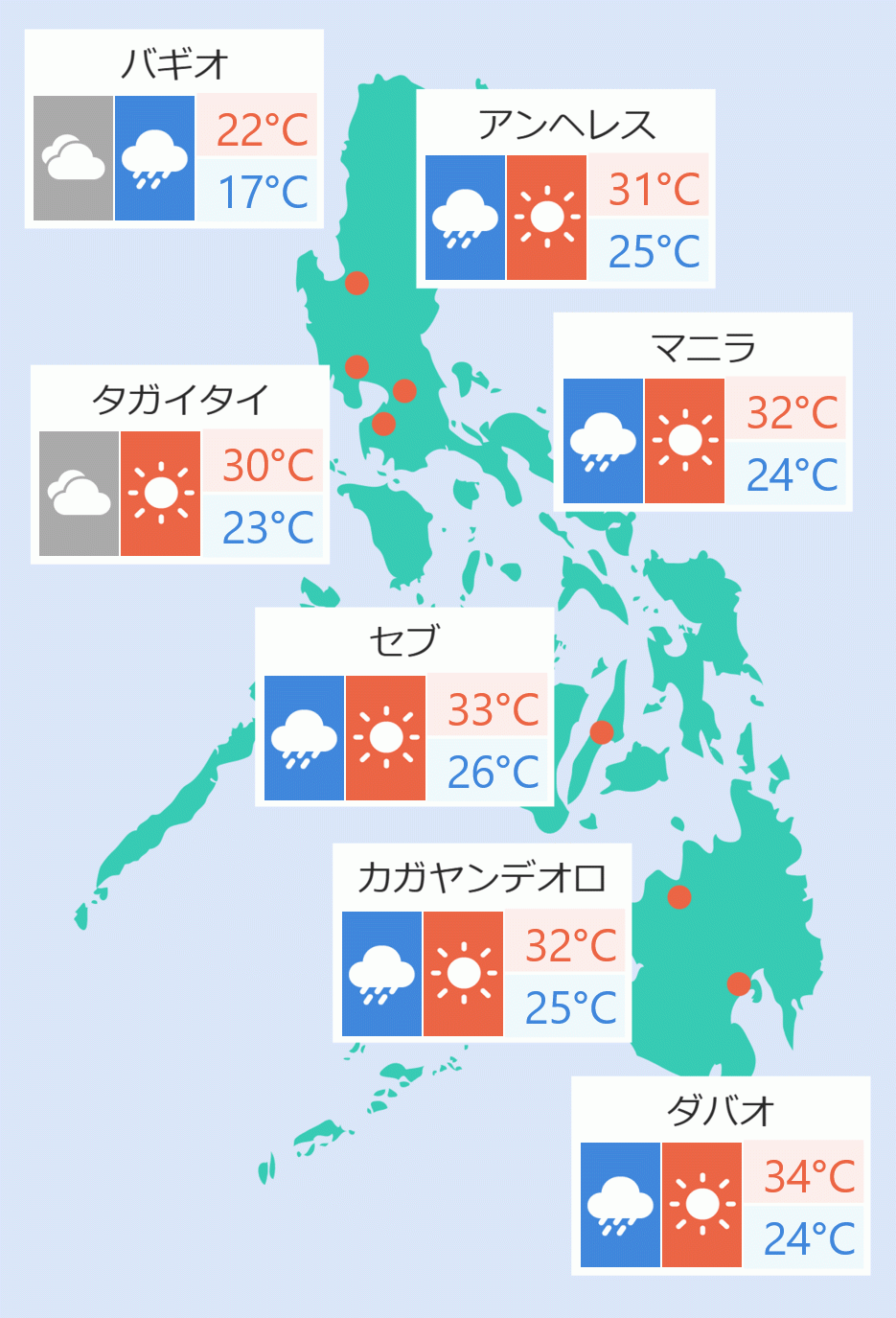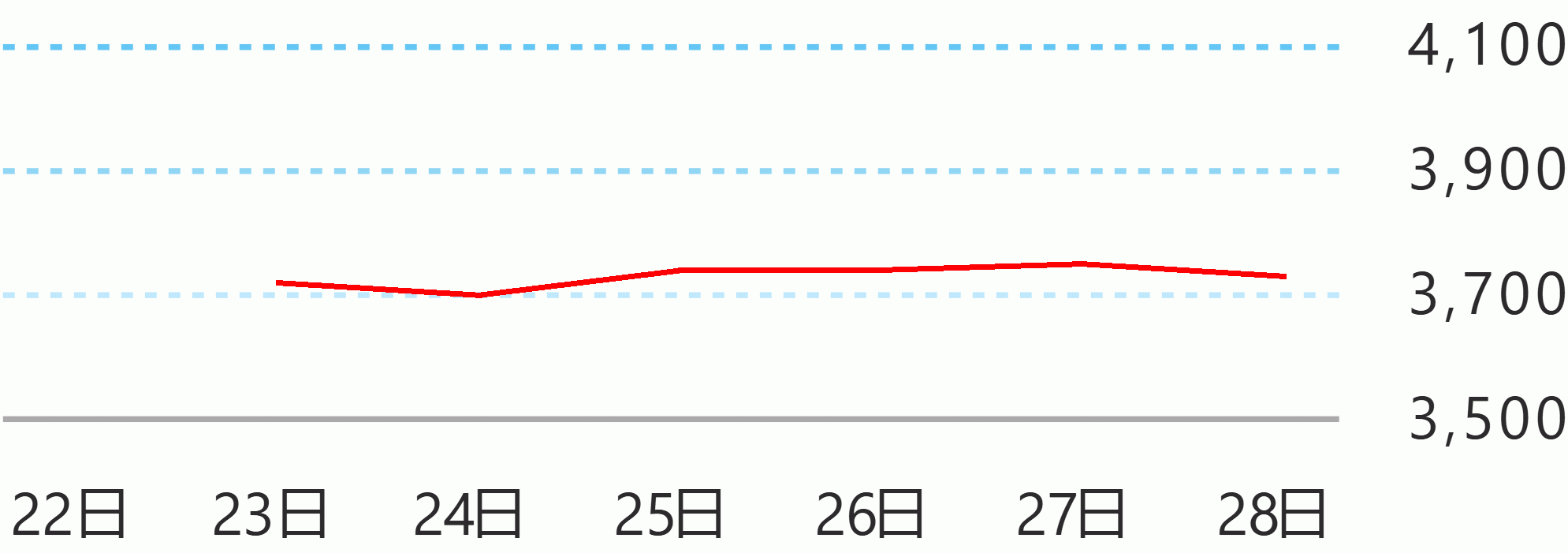Malacañang assuaged on Friday concern about the possible spread of bubonic plague, saying the Philippines has not yet fully opened its borders.
In an online press briefing from Davao City, Presidential Spokesperson Harry Roque said the government is taking "seriously" the bubonic plague in China's northern Inner Mongolia region.
"But we should not be worried, because the full entry of foreigners in the Philippines is not yet allowed. It's on a case-to-case basis only," he said.
"So, our borders are still closed," Roque added.
The World Health Organization has said it is carefully monitoring the bubonic plague, which has affected a herdsman in China. The victim is being treated in a hospital.
According to the WHO, a bubonic plague is the most common form of plague and is characterized by painful swollen lymph nodes or "buboes." It cannot be easily transmitted between people. Some people with bubonic plague will develop pneumonic plague, meaning the infection spreads to their lungs. Pneumonic plague can be transmitted between people through coughing.
Bubonic plague has a mortality rate of 30 percent to 60 percent, while the pneumonic form is fatal in the absence of treatment. Both types have good recovery rates if people are treated in time. Celerina Monte/DMS





 English
English









